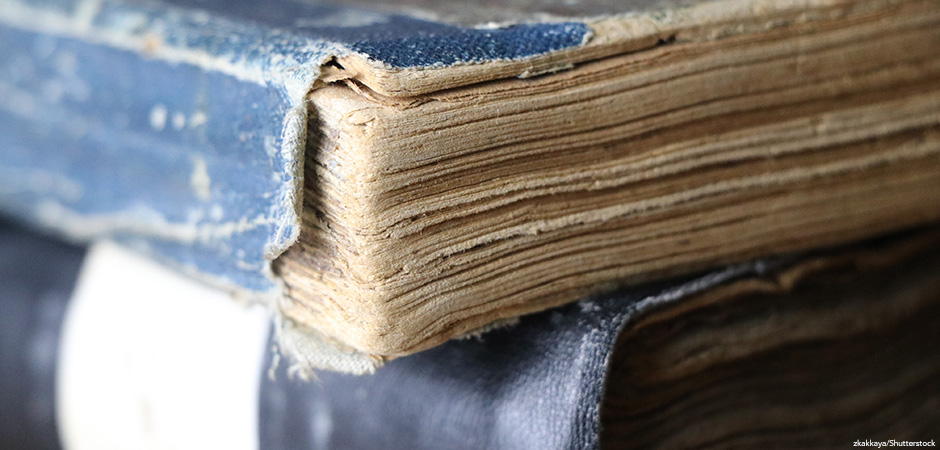
Much of what we know about the African continent’s history has been shaped by foreign perspectives. Available records such as travel diaries and colonial archives are typically written in European languages and Arabic. However, a discovery of a little-known West African writing system, known as Ajami, is helping to bring African voices to the forefront. Dr. Fallou Ngom, originally from Senegal, is a professor of anthropology at Boston University. He envisions the rewriting of much of African history using these previously unknown Ajami records.
The Discovery
In 1996, Ngom was visiting Senegal for his father’s funeral. He packed up some of his father’s items and flew back to the United States, where he was teaching French and linguistics. In 2004, he opened one of his father’s boxes and found something unexpected. Ngom found a note about a debt owed to a local trader written in his father’s handwriting. This took Ngom by surprise. Ngom thought his father had been illiterate because he did not read French. Because of its colonial past, French is the official language of Senegal. Interestingly, the note was not in French, but was in what looked like Arabic script. Ngom had never seen this type of writing. It was not an official or national language and had not been taught in schools. Curious, Ngom connected with the trader and found that this man had also recorded the debt in a similar-looking script.
Ngom decided to continue his studies in West Africa to learn more about this writing system. During his time there, he found Ajami all around. He realized that shopkeepers, poets, doctors, religious leaders, and others used Ajami daily for their records or personal use. Based on the official government standards of their countries, many sub-Saharan African communities were considered illiterate. However, many people used their own written language every day!
The longer Ngom conducted his research, the more he realized how common Ajami was. He found Ajami documents that dated to the 10th century! He realized that people in Senegal, Guinea, and Nigeria used this modified Arabic alphabet to write in their local spoken languages. These languages included: Wolof, Hausa, Fula, Mandinka, Swahili, Amharic, Tigrinya, and Berber. Thousands of Ajami documents existed but were not available to scholars because they were records about everyday life. This meant that the documents were typically passed down in families and easily lost through the generations.
A Brief History of Ajami
Ajami was created centuries ago by Muslims hoping to spread the religion of Islam across Africa. It was later adopted by people who were part of anti-colonial resistance movements. They used Ajami in defiance of the languages and customs of their colonizers. For example, the Mouride brotherhood in Senegal is a well-studied group that began resisting the French in 1886. The Mourides used Ajami to communicate messages that the French could not understand, strengthening their resistance. Ngom believes that if scholars use the Ajami text sources, they can uncover new information about why the resistance movement was so successful.
Sharing the Knowledge
To bring these sources to others, Ngom and other researchers began building a digital library of Ajami texts at Boston University. Since most written sources about African history have been European, many first-person African voices have been left out. The purpose of this digital library is to create a vast collection of African text sources that provide African peoples’ views of their own history. The researchers initially documented over 30,000 pages of this kind of source material. In 2019, the researchers won a grant from the National Endowment for the Humanities to expand the digital library. They later won another award from the British Library’s Endangered Archives Programme to digitize 50,000 more pages. Most recently in 2020, the researchers won a three-year grant from the U.S. Department of Education to develop Ajami multimedia projects in the language dialects of Wolof, Hausa, and Mandinka.
Boston University is also leading the way in teaching scholars and students how to read these documents. Ngom is running a program to train students in how to read this language. Ngom hopes this initiative will help ensure that African voices are preserved and heard. This goal is quickly being realized. Thousands of scholars have already used this digital collection to conduct new research.
